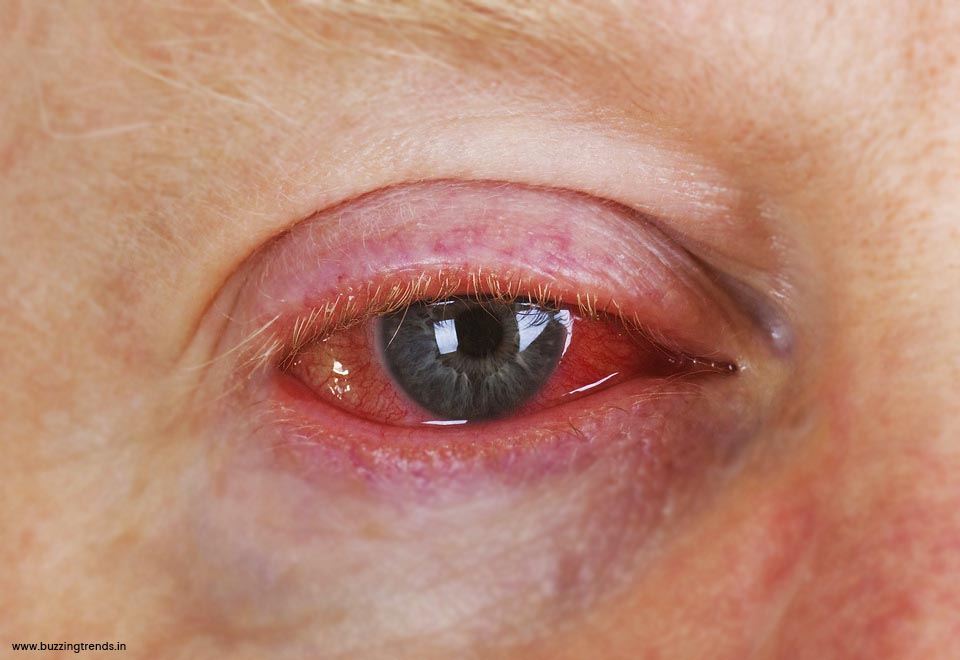The Novel Coronavirus is still painting a puzzling picture. As doctors and scientists are getting to grips with the way the virus is spread, how it infects and affects the body and what the short- and long-term complications. Some reports and papers are being published about the post-COVID-19 visual and ocular symptoms. Here is a summary of some of the signs and symptoms:
Residual conjunctivitis may persist for up to 20 days after other symptoms subside. There is evidence that virus particles are shed from the eyes during this time. The eyes are an entry point for the virus as well as a source of shedding. Thankfully, red-eye/conjunctivitis, although noted as an early sign of COVID-19 infection, is not as common as other signs and symptoms.
What are the most common signs and symptoms?
Post-Viral Fatigue
Many patients have noted these symptoms. This can include headaches and dizziness, pain in around the eyes. These will usually resolve over time
Other symptoms that have been reported by patients and appear to be mainly post-viral fatigue.
Eye strain
Particularly after reading, using a computer or watching TV for more than 20 minutes
Nonspecific light sensitivity
This affects both eyes
Intermittent double vision
This occur after performing a task such as reading, using a computer or watching TV for a period of time. This could be anything from 20 minutes to 1-2 hours.
Things to consider when you have problems with your eyes following a coronavirus infection:
Check to make sure there is no redness or symptoms of conjunctivitis. Be aware of lingering COVID-19. Check for discharge and crusting.
Test your sight in each eye individually to make sure that each can see roughly the same. Test the sight for things further away and close.
If the sight is normal and equal in each eye, then most symptoms should resolve in time. If the symptoms persist for more than 3-4 weeks or start to get worse, contact us as soon as possible.
Things to be concerned about:
These are unlikely to directly related to coronavirus but are important signs and symptoms that need professional attention urgently
- Severe loss of sight in one or both eyes
- Disturbances in the vision
- Sudden severe sensitivity to light
- Uniocular redness
- Recent onset double vision
- Extreme uniocular pain that doesn’t resolve with pain killers
- New floaters
- New shadows in the vision
- Flashing lights
We're still here for you. Please call us on 02083431122 or email [email protected]

